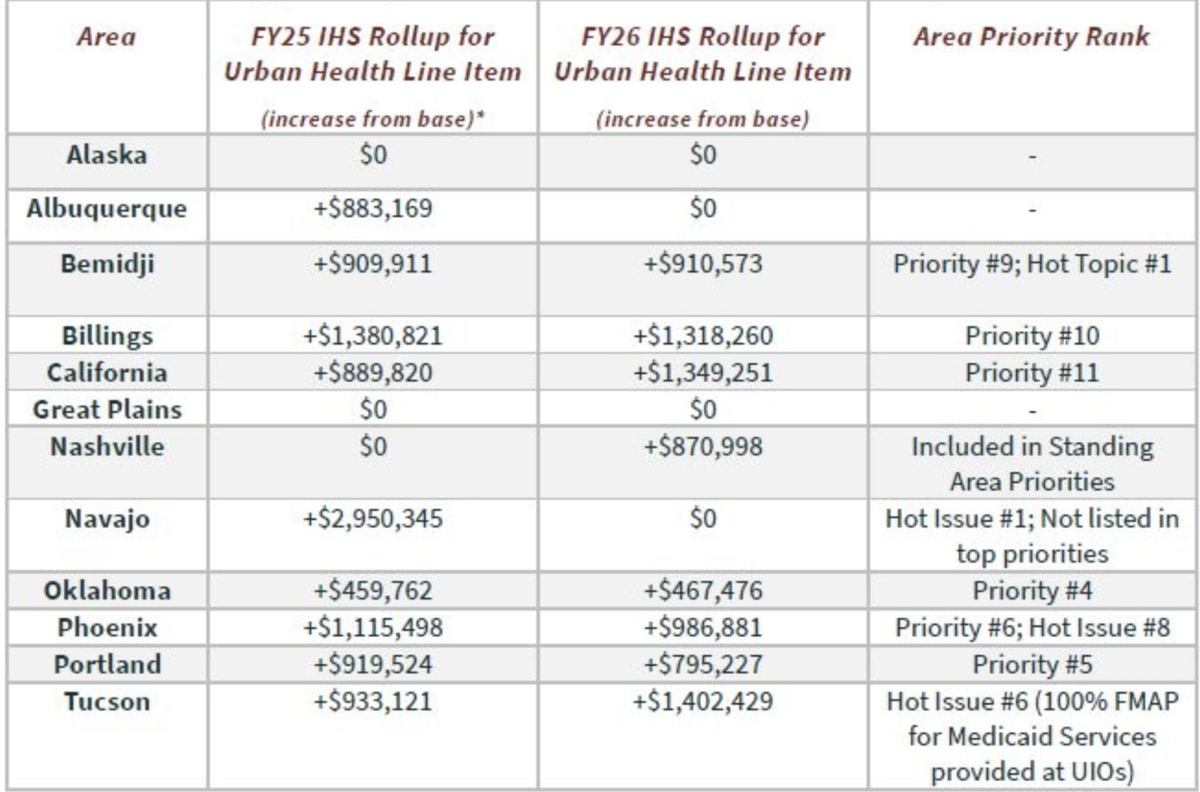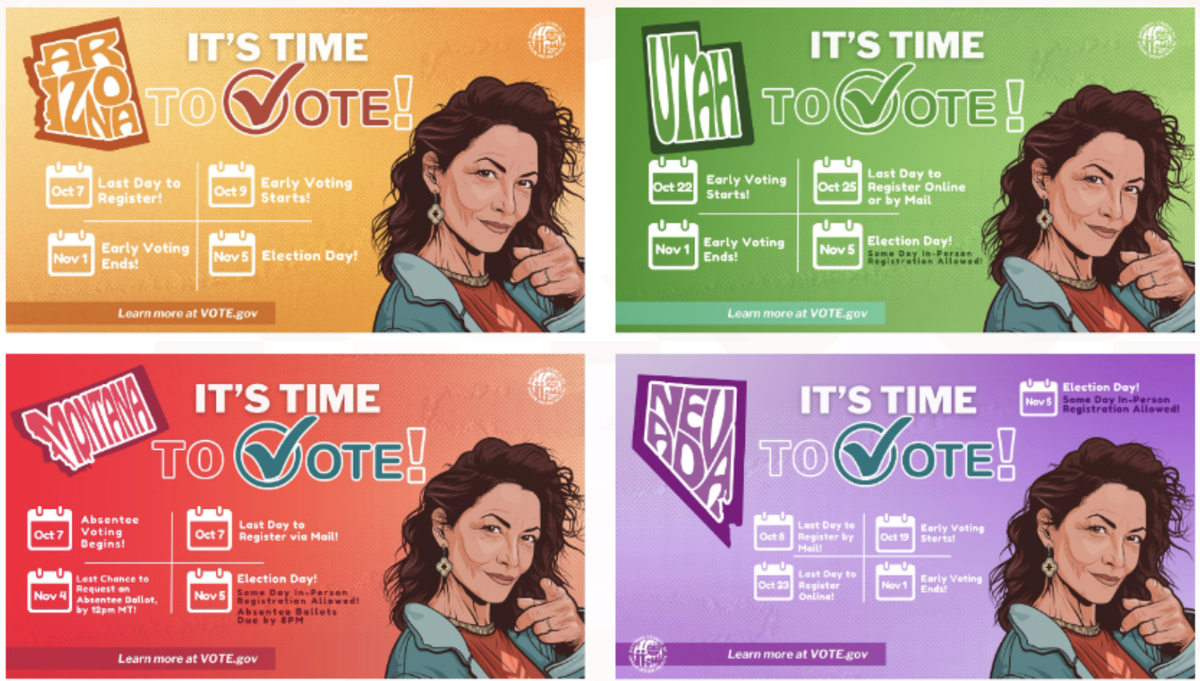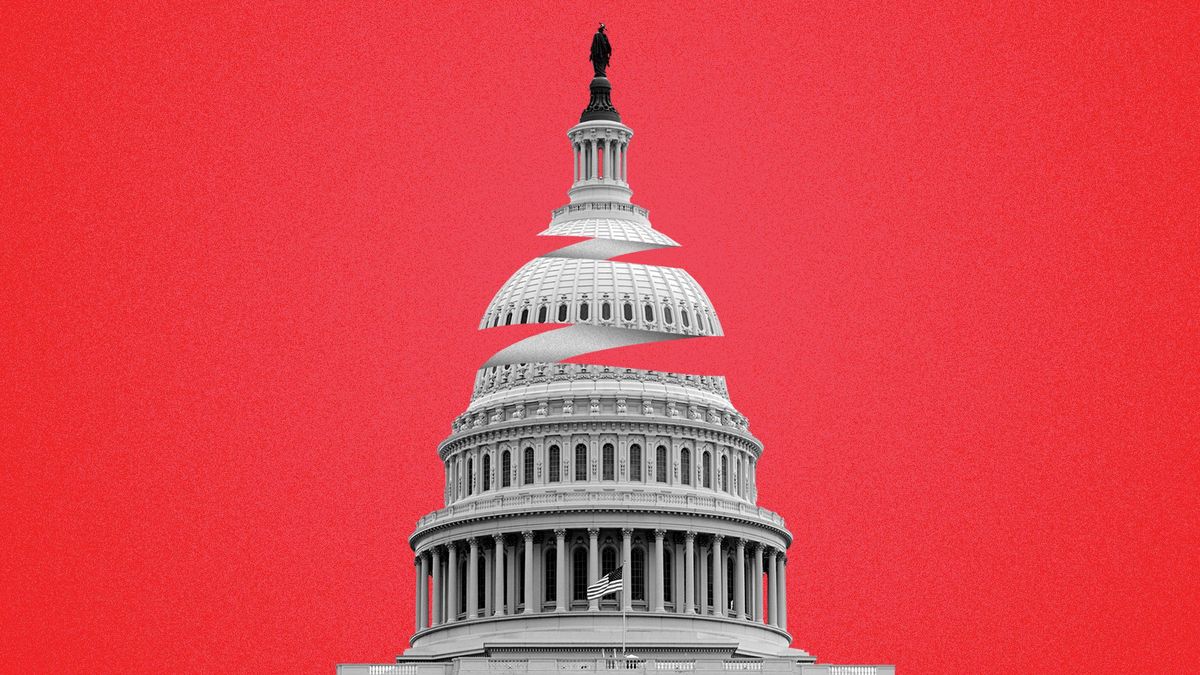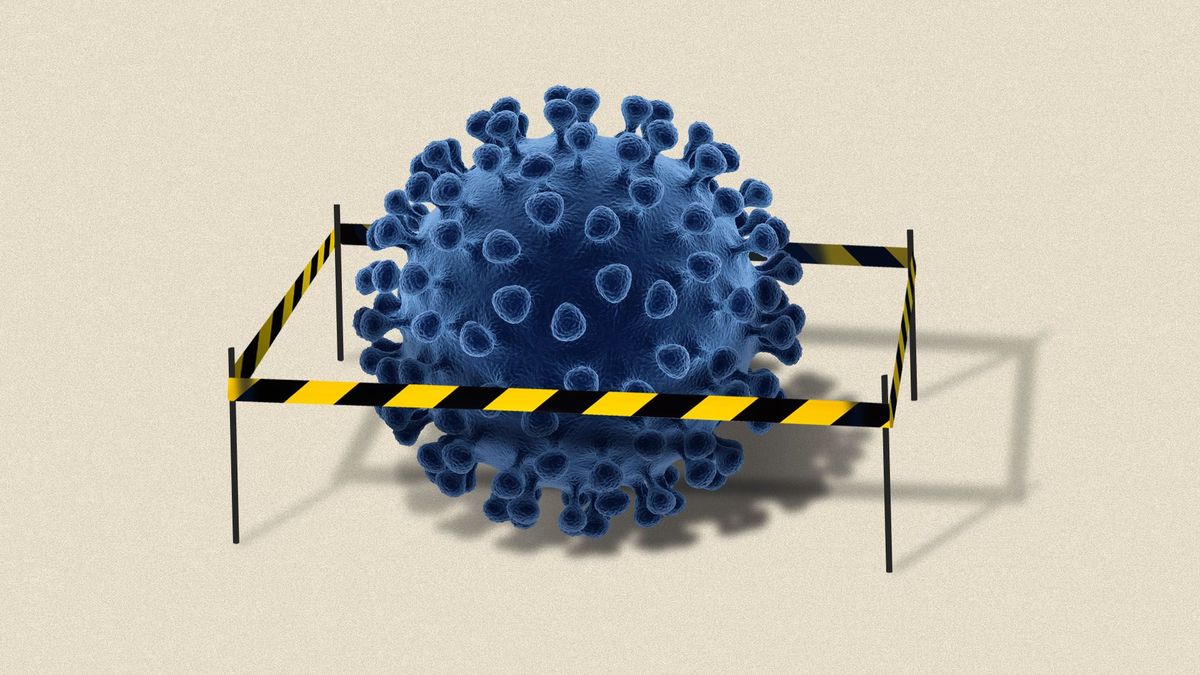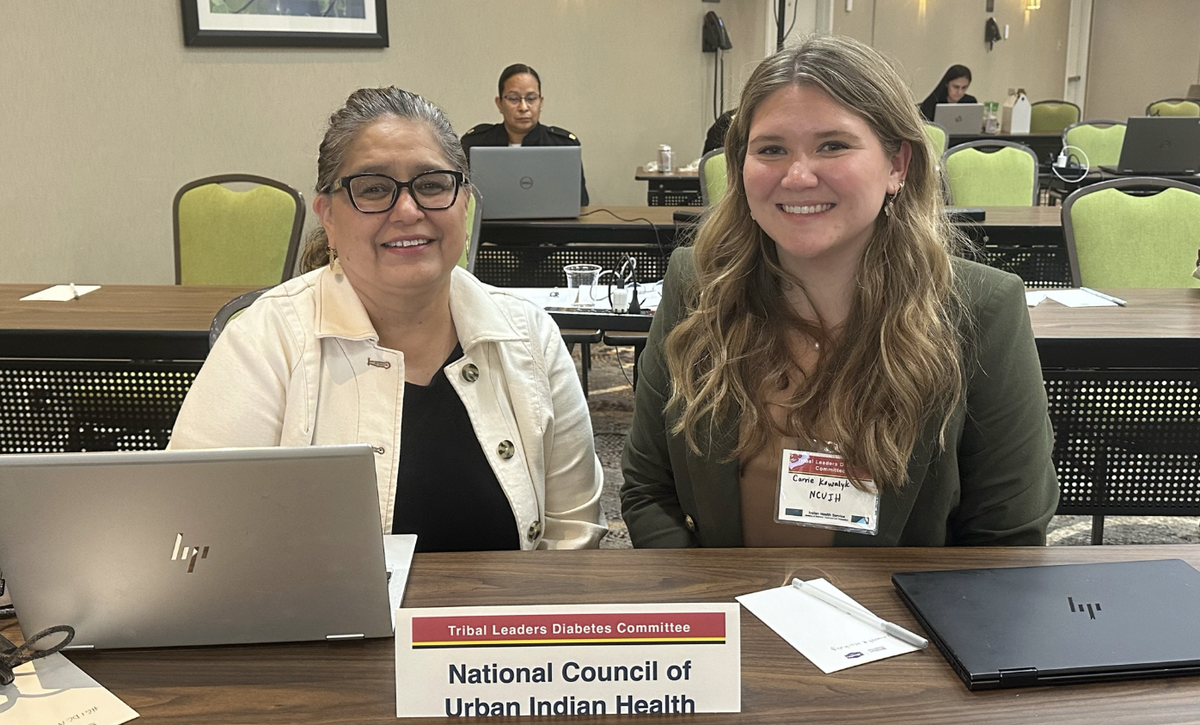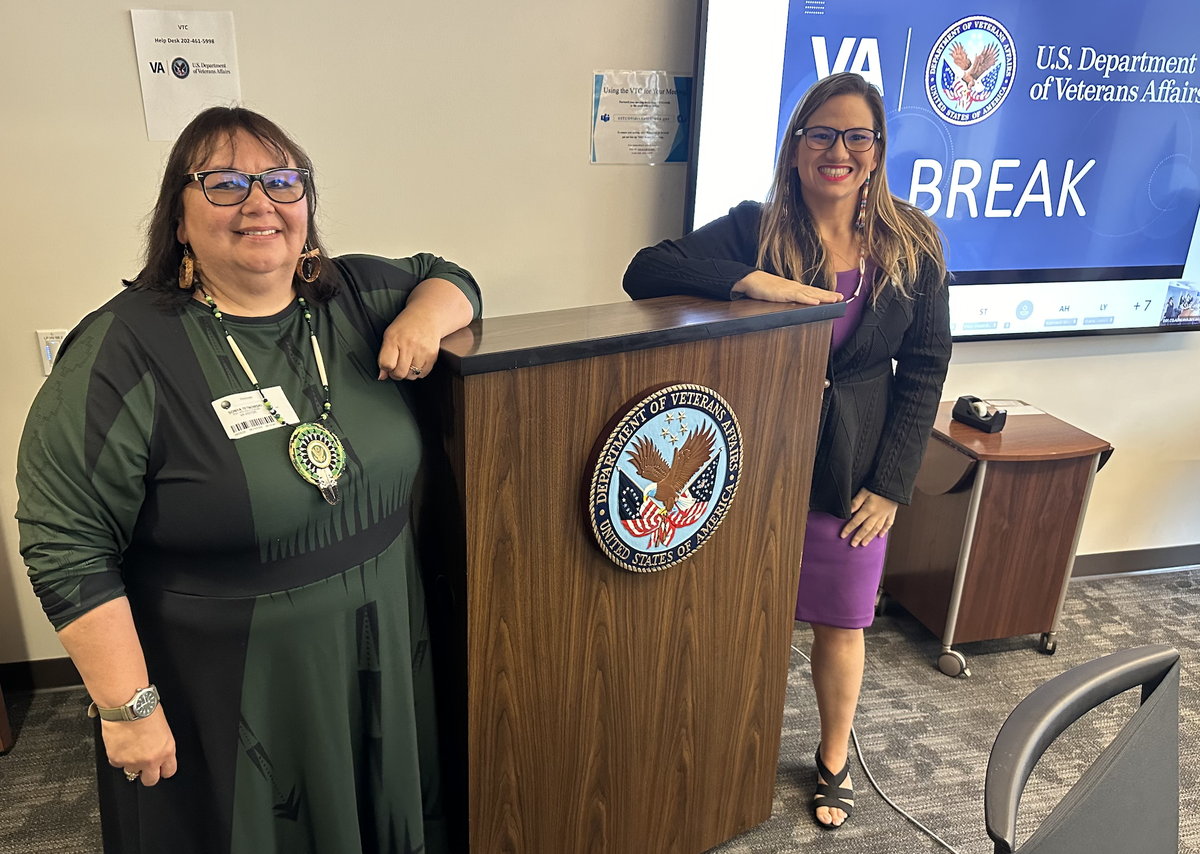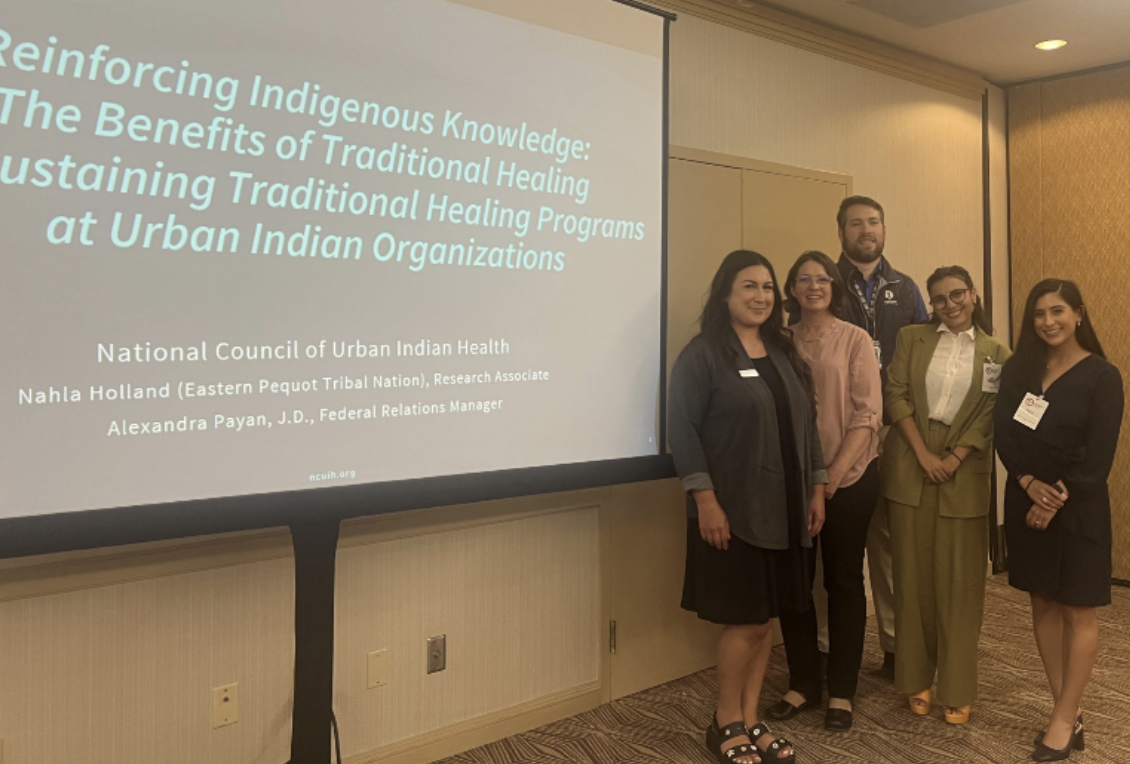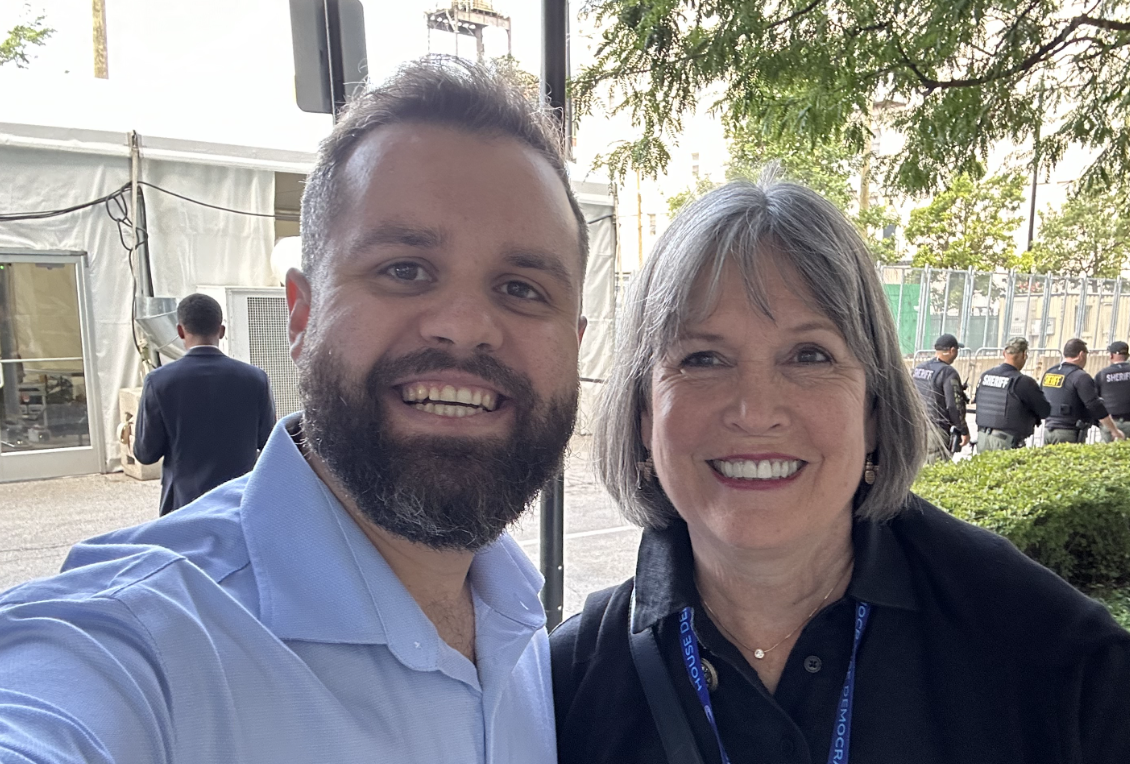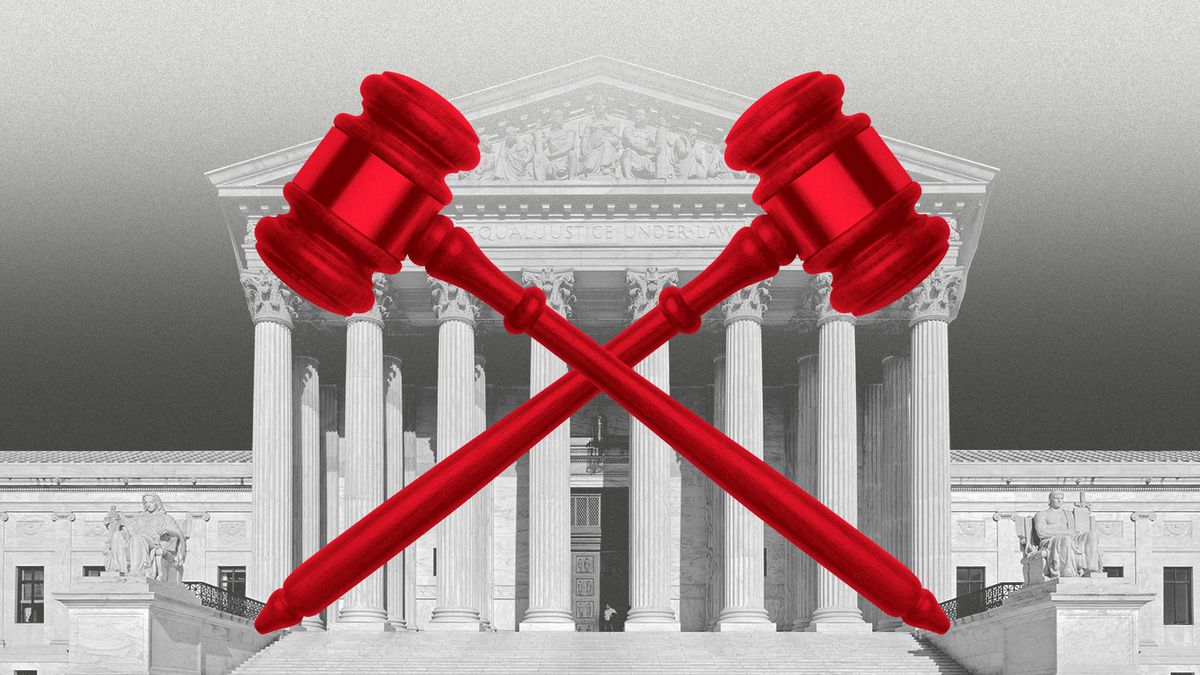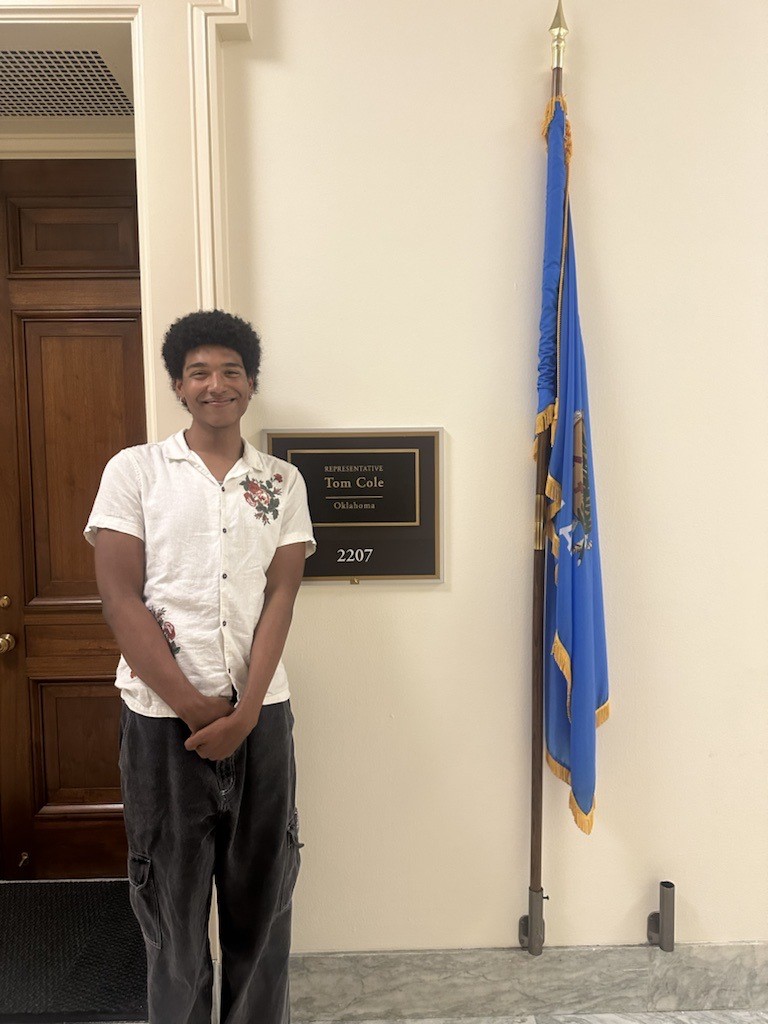On July 30, 2024, the U.S. Department of the Interior (DOI) released the second and final volume of the Federal Indian Boarding School Initiative’s (Initiative) investigative report (the Second Volume). This Second Volume builds on the initial volume published in May 2022 to significantly expand on the number and details of institutions to include attendee deaths, the number of burial sites, participation of religious institutions and organizations, and federal dollars spent to operate these boarding schools. It also includes policy recommendations for consideration by Congress and the Executive Branch to continue to chart a path to healing and redress for Indigenous communities, including the lasting impact on urban American Indian and Alaska Native communities.
See NCUIH’s previous blog on the Initiative by clicking here.
Investigative Report Findings
Findings Confirm Almost 1000 Native Child Deaths and Unmarked Burial Sites at Federal Boarding Schools
The Second Volume updates the official list of federal Indian boarding schools and maps to include 417 institutions across 37 states or then-territories. It provides detailed profiles of each school and confirms that at least 973 American Indian, Alaska Native, and Native Hawaiian children died while attending federal operated or supported schools. It also identifies at least 74 marked and unmarked burial sites at 65 different school sites, and estimates that the U.S. government made appropriations available of more than $23.3 billion in Fiscal Year 2023 inflation-adjusted dollars between 1871 and 1969 for the federal Indian boarding school system as well as other similar institutions and associated assimilation policies.
DOI Recommends that the Federal Government Invest in Addressing Current Impacts of Boarding School System
The report includes eight recommendations for the federal government from Assistant Secretary Newland that aim to support a path to healing the nation, including:
- Issuing a formal acknowledgment and apology from the U.S. government regarding its role in adopting and implementing national federal Indian boarding school policies;
- Investing in remedies to the present-day impacts of the federal Indian boarding school system;
- Establishing a national memorial to acknowledge and commemorate the experiences of Indian Tribes, individuals, and families affected by the federal Indian boarding school system;
- Identifying and repatriating remains of children and funerary objects who never returned from federal Indian boarding schools;
- Returning former federal Indian Boarding school sites to Tribes;
- Telling the story of federal Indian boarding schools to the American people and global community;
- Investing in further research regarding the present-day health and economic impacts of the federal Indian boarding school system; and
- Advancing international relationships in other countries with similar but their own unique histories of boarding schools or other assimilationist policies.
Restoration and Preservation of Native Languages Remains a Priority, Native Language Strategy on the Horizon
In recognition of the damage that federal Indian boarding schools and associated policies had on Native languages, investing in their restoration and preservation has been an early priority of the Biden-Harris administration. In 2021, the Departments of the Interior, Education and Health and Human Services (HHS) launched an interagency initiative to preserve, protect and promote the rights and freedom of American Indians, Alaska Natives and Native Hawaiians to use, practice and develop Native languages. Since then, both Secretary Haaland and Assistant Secretary Newland have traveled with First Lady Jill Biden and other Administration leaders to learn more about how Tribal Nations are leveraging federal investments to revitalize Native languages. The Administration expects to roll out a new ten-year Native Language Strategy by the end of 2024.
Native Boarding School Survivors Experiences Shared in ‘Road to Healing’ Initiative
In late 2023, Secretary Haaland and Assistant Secretary Newland completed “The Road to Healing,” a historic 12-stop tour across the country that provided Indigenous survivors the opportunity to share with the federal government their experiences in federal Indian boarding schools for the first time. The Road to Healing events included opportunities to connect survivors with trauma-informed support through the HHS’ Indian Health Service and Substance Abuse and Mental Health Services Administration. The reflections of many of those individuals are included in Volume 2 and transcripts are available on the Federal Boarding School Initiative website.
DOI also launched an oral history project to document and make accessible to the public the experiences of generations of Indigenous then-children who attended the federal Indian boarding school system. The National Native American Boarding School Healing Coalition is currently interviewing survivors for what will be a collection of first-person narratives. DOI and the Smithsonian’s National Museum of American History are partnering to explore how best to share with the public the history of the federal Indian boarding school system and its role in U.S. development, with a proposed focus on the never-told-before experiences of survivors.
Addressing Urban American Indian and Alaska Native Communities
Over $20 Billion Recommended to Heal Native Community from Impacts of Federal Boarding Schools
To complete the Secretary’s objectives for the Initiative, and to begin the pursuit of this express policy of cultural revitalization, Assistant Secretary Newland provided eight recommendations based on the current findings. The second recommendation, “Invest in Remedies to the Present-Day Impacts of the Federal Indian Boarding School System,” specifically mention providing funding for urban American Indian and Alaska Native communities. The recommendations states that the U.S. could invest in healing Indian Tribes, the Native Hawaiian Community, and American Indian, Alaska Native, and Native Hawaiian individuals from the legacy impacts of forced assimilation on a scale that is, at a minimum, commensurate with the investments made in the Federal Indian boarding school system between 1871 and 1969. This funding would be in addition to annual appropriation to fund agencies to fulfill the U.S. government’s trust and treaty obligations. The funding would also be designed to remedy present-day harms caused by historical federal Indian boarding schools and policies of forced assimilation and designed to reach urban American Indian, Alaska Native and Native Hawaiian communities. The Secretary writes that consideration for this investment should be applied to all of the recommendations in the report and include five interdependent areas of focus: (1) Individual and Community Healing; (2) Family Preservation and Reunification; (3) Violence Prevention; (4) Redress Indian Education; and (5) Revitalization of First American Languages. Assistant Secretary Newland included urban American Indian and Alaska Native communities when outlining plans for providing funding for Individual and Community Healing and Violence Prevention.
On June 14, 2024, the United States Conference of Catholic Bishops approved by vote (181-2) “Keeping Christ’s Sacred Promise: A Pastoral Framework for Indigenous Ministry,” issuing a formal apology for the Catholic Church’s role in the U.S. of inflicting a “history of trauma” to Indian Tribes, Alaska Native Villages, and the Native Hawaiian Community and affirmed its official repudiation of The Doctrine of Discovery. The Conference also provided a series of recommendations to confront the following issues in Indian Country and the Native Hawaiian Community: Natural Resources; Housing and Access to Financing; Education; Health Care; Racism; and Concerns of Urban Natives.



